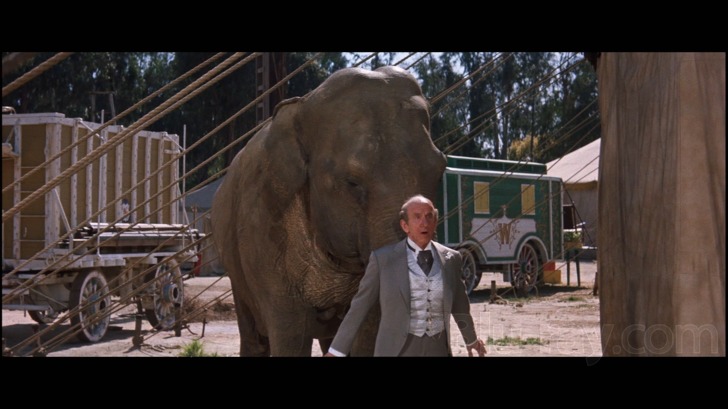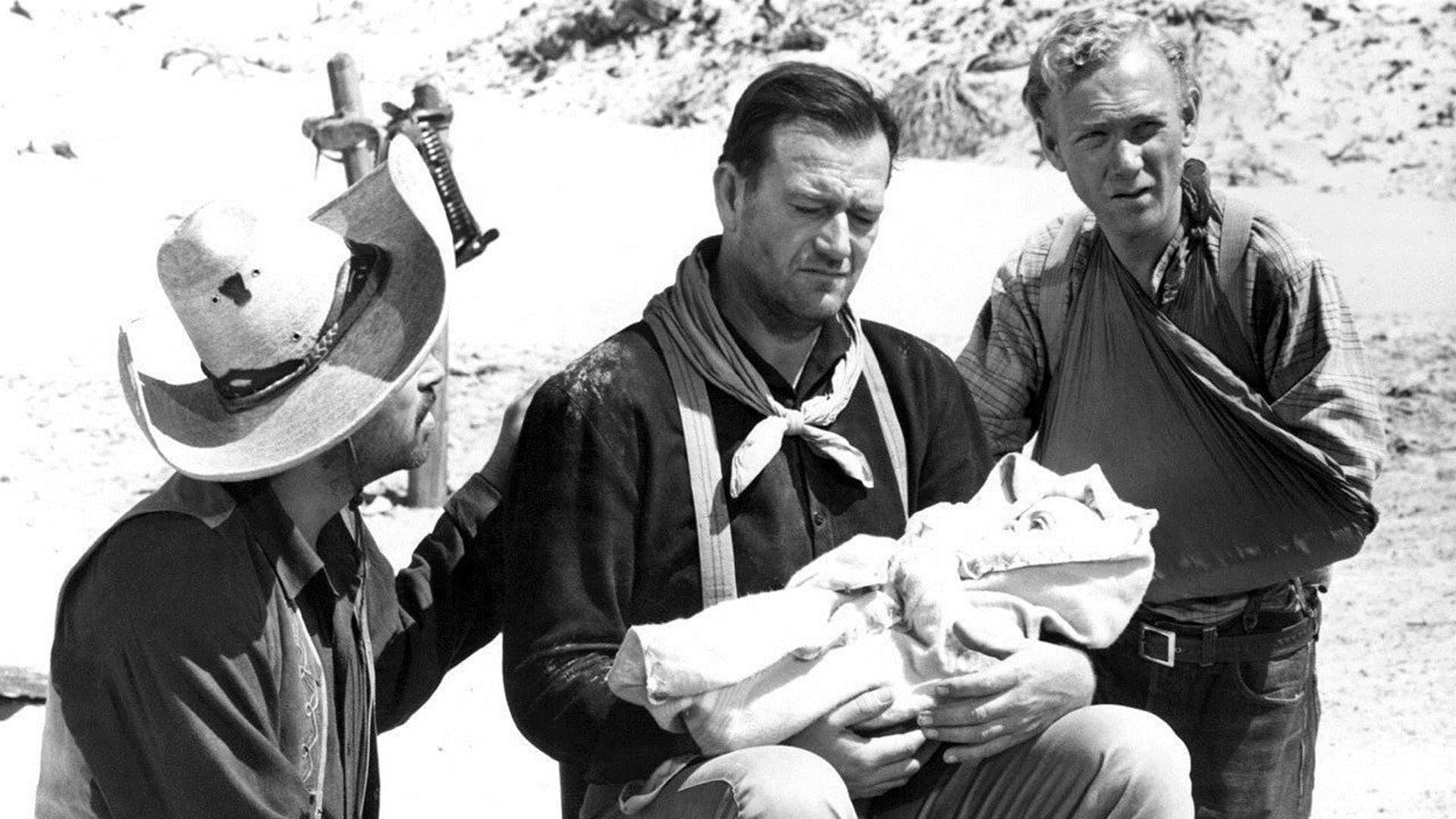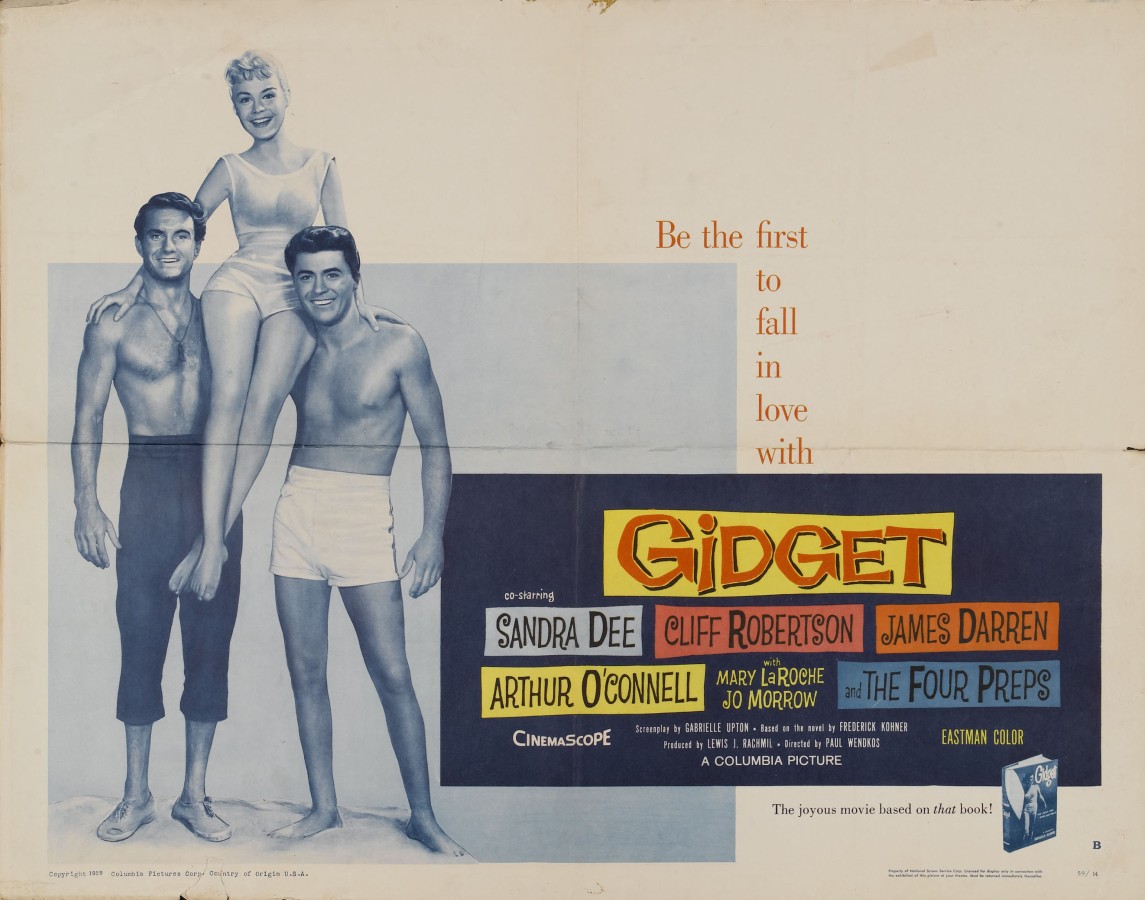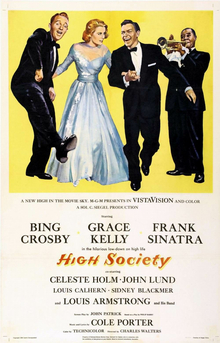This is gonna be long, sorry.
Finally.
When I saw the trailer for this film a few years ago I was struck and vowed to see it. I even recommended to a friend that they check it out even though I had not seen it myself. And then things and stuff and stuff and things. And it sat in my queue and I thought about watching it many times but I really had the feeling it was going to be special so I kept putting it off for the right moment.
And then
Sight & Sound, blah, blah, blah.
So here we are.
Finally.
I chose the poster above because all other posters are spoilers. Whether or not they spoil the
plot is irrelevant, they spoil the way the film reveals Heloise, which is one of the many wonderful things about this film. It is a disservice to one's self to see Heloise before Sciamma is ready for you to. Thus, this "alternate" poster.
There are a lot of things I could say about this film, and I've only seen it once, though I expect that will be remedied shortly. For one, I need to decide just how good I think it really is and I really can't right now. There's too much involved. There is how the movie made me feel which was powerful enough to override almost any criticism I might have. There is all the Sight & Sound baggage which, try as I might, I was not able to compartmentalize, I could not help but watch this movie comparing it every minute to the greatest films ever made. Which is not only not fair to the film but it kinda messes up the viewing experience a little. And then there is the film itself, what is actually on the screen. That's a lot to juggle.
Let me just say what I felt about this movie and then we can go from there. It is beautiful. It is so intentional. It is emotionally powerful. I mean it knocked my ******* socks off.
The photography, lighting, design, editing, and sound/music (combined here and if you see it you'll know why) is gorgeous every freaking step of the way. There are so many shots that are just stunners and the color palette is... I am genuinely having a hard time coming up with a word... it's just perfect that's all I can quite get out. There's gotta be a word for when every color perfectly matches the feeling and mood that it should evoke but does it without being garish or attracting too much attention, it just is. The compositions are excellent, and this brings me to the point of intention actually.
There is so much intention in this film where you can't help but notice how everything on the screen or not on the screen, heard or unheard, is for a reason. This movie is about Love, make no mistake about it, but it is also about painting. And Sciamma makes a point to compose frames that look like paintings of the time.
I mean, come on. Look at that. The movie is like that so much of the time where the characters seem to step into a painting at the exact second that something emotionally meaningful is happening. But it's subtle, you are not beaten over the head with it at all, it's just there and then it's gone, there and then it's gone.
The film has no score and all the (sparse) music is diegetic, which really grounds you in the space the characters are in. You hear nothing they do not hear. So when the music comes, it has purpose and it has power. The first time it's kinda shocking and it's very clever, a great scene. But the second time will knock you on your ass or you have no soul. Seriously. I won't talk about the third.
All of this brings me back to
intention. Everything is intentional yet unobtrusive. The men on the boat in the second scene of the film are barely seen, you could not describe their faces, their presence, nay their existence, is unimportant. Yet when her package goes overboard, Marianne, on whom the camera has remained focused goes overboard after it with such suddenness, determination, and fearlessness and sits quietly shivering in the boat without complaint the rest of the way, the tone for the whole film is already set. One of the very first lines in the film, spoken offscreen but in the foreground, is "Take time to look at me." And you know, right then, that that is what this movie is about.
Somehow Sciamma uses this intention to keep you exactly where she wants you such that a movie with no "action" made me gasp out loud in my living room at a moment that was nothing more than a sudden small action with one hand by a character. Out loud, I swear.
If I have a criticism of the film, and I'm not totally sure I do, there could be two. There was one shot I did not care for, which actually says a lot about the film. Every shot was so perfect that to me one stood out because it didn't feel perfect. I'm sure it would be fine in almost any other movie. The other thing, more significantly, was the performance of
Noemi Merlant, who has received tremendous praise for this role. In a group of four wonderfully strong but subtle performances, I felt that maybe hers lacked a little subtlety for this film. Her facial expressions sometimes seemed a little too obvious for the character I felt she was at all the other moments. It might be a nit to pick but again, in a film with this much intention and nuance, the slightest thing could stand out and this did to me.
Lastly, I would just like to share how this movie made me
feel.
About 2/3-3/4 of the way through the film I texted my friend, to whom I had suggested the film years earlier, this exact statement (I will cut and paste it from our text for authenticity):
"This film has actually made me realize that I’ve forgotten what it’s like to be in love."
And honestly, it has had me thinking about it ever since. Love, I mean. It's such a powerful and beautiful portrait of love. And I am a middle-aged divorced man who kinda thinks of that ship as having sailed. But man, this made me remember.
Alas, I cannot say what I think about the movie in an all-time context. Had I seen it before the S&S poll, I think I could have, but I can't now, not without seeing it at least another time and probably not soon. I need distance from both my initial reaction to the film and from the controversy surrounding its quick canonization. My expectations were so high to begin with. And then the list comes out? And then the backlash comes? And I watch the movie
right then? That's a lot to bring to a viewing. And, to be honest, I had an expectation in my mind, based on the trailer and my own perspective, as to what this movie was going to be like and it was both like and very unlike what I expected.
In the end, this movie moved me greatly, both with its story and themes and its execution. The love in the film, both romantic and platonic, are truly powerful but so is the art direction and production design and cinematography and editing and direction and acting and sound/music.
It's an awfully good film. I'll leave it there for now.
















